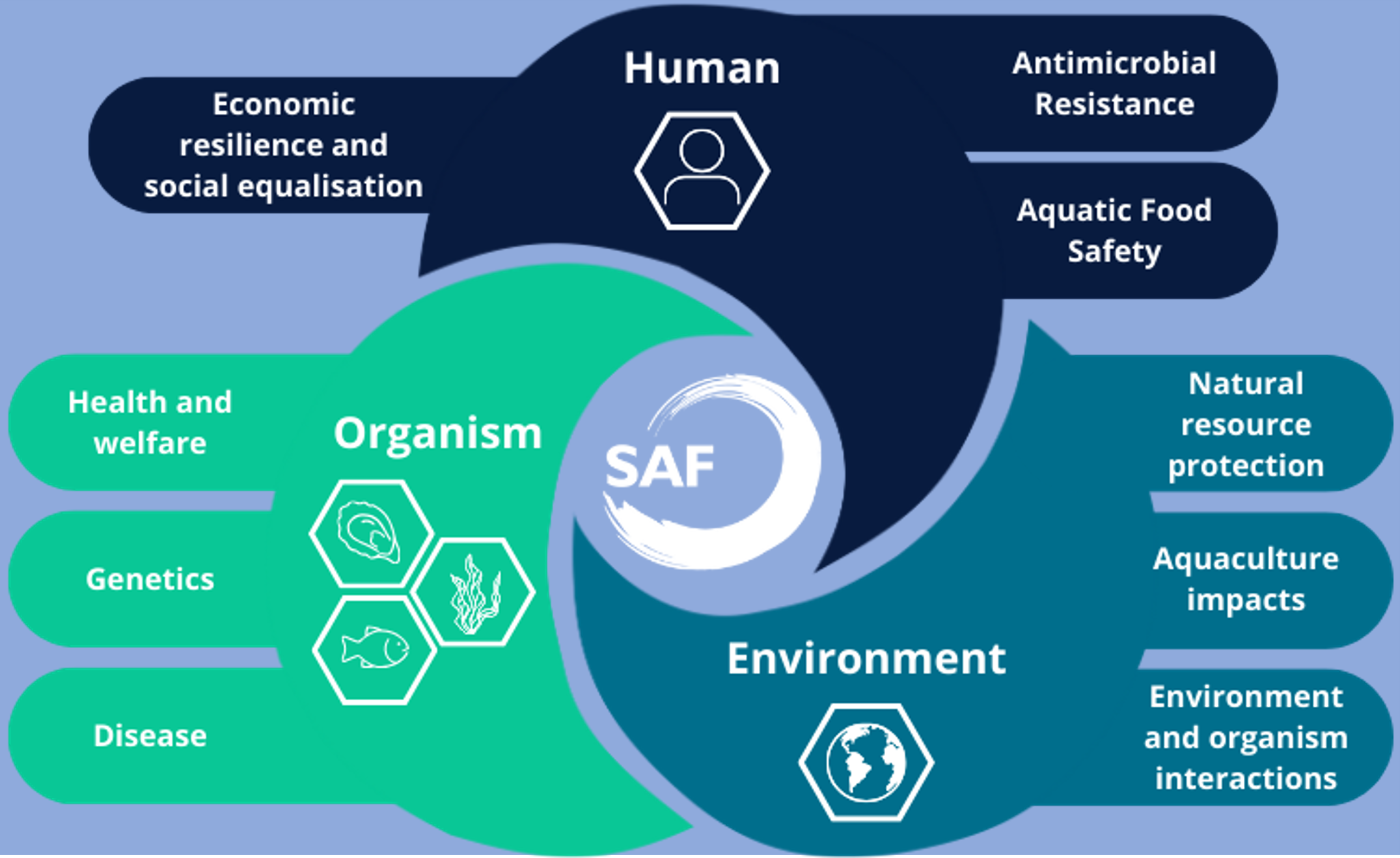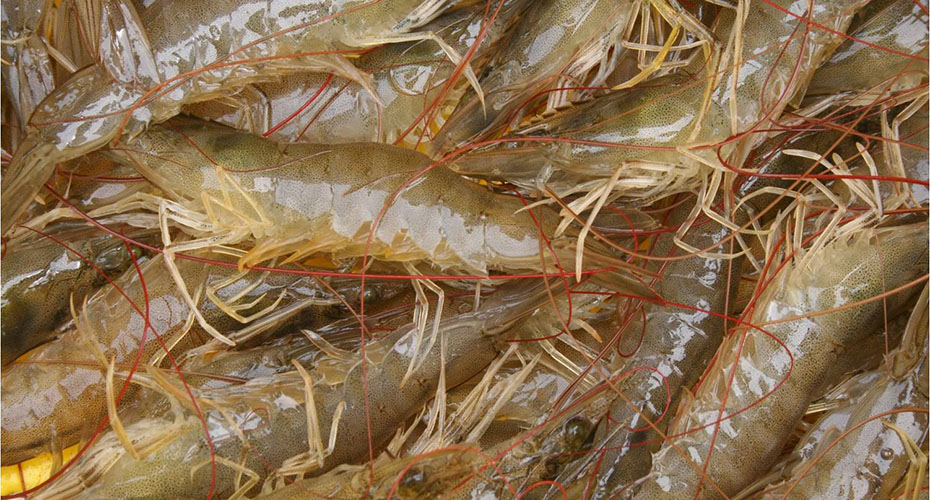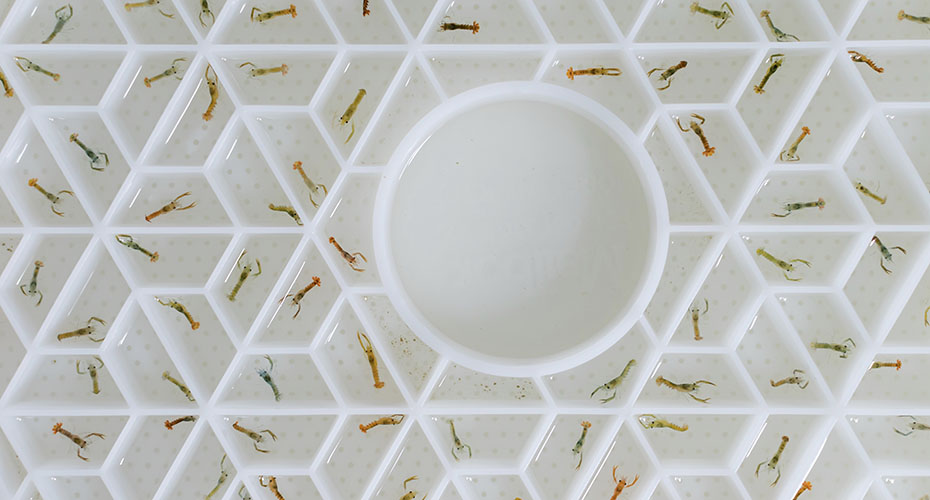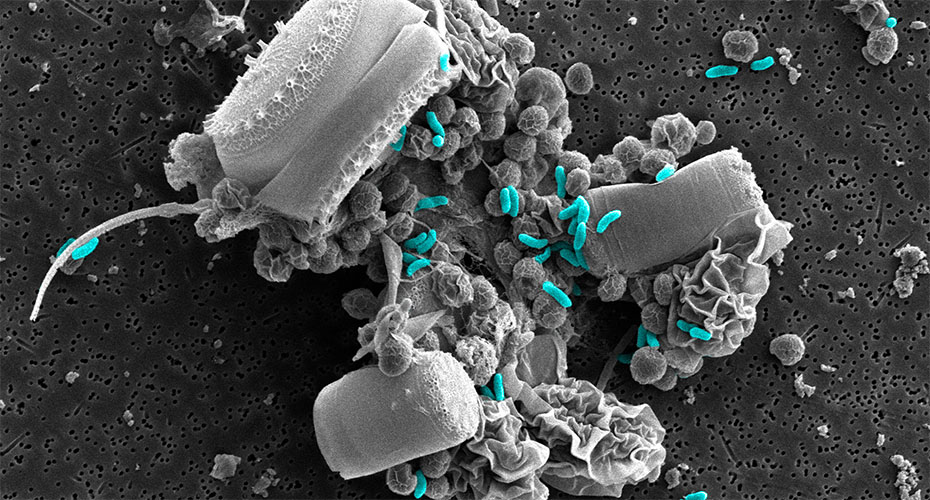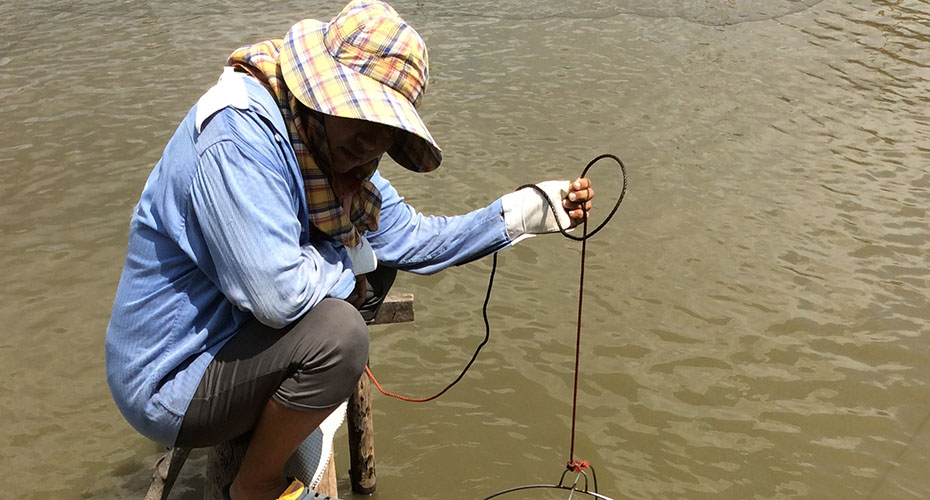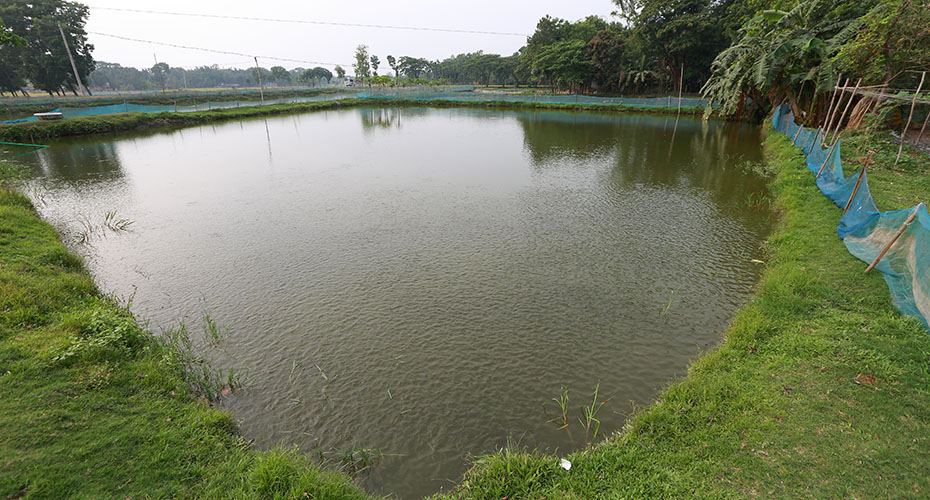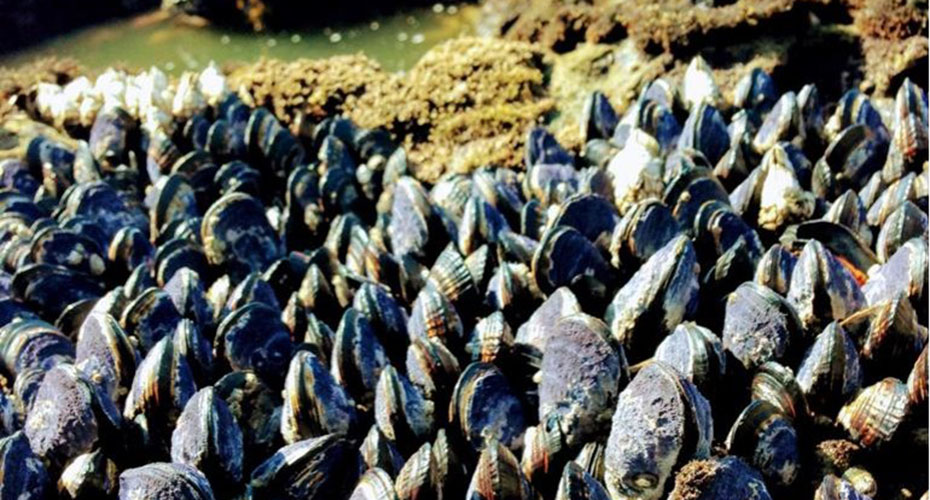Our research
Research
Under the guidance of co-Directors Charles Tyler (University of Exeter), Ronny Van Aerle and Elisa Capuzzo (Cefas), scientists at the centre will work with experts across a variety of disciplines (including physiology, immunology, microbiology, genomics, ecology, modelling, engineering and social science). Our research spans all scales of biological organisation from molecules to ecosystems, combining fundamental research with applied science.
We work in collaboration with the global aquaculture sector, including farmers, industry organisations and other research institutions, to undertake interdisciplinary activity towards optimal health for the environment, organisms and people in the development of sustainable aquaculture.
Research is currently focused around six overarching topic areas.
Aquatic disease – diagnosis, therapeutics and mitigation
Leads: David Bass and Mark van der Giezen
Growth in the aquaculture sector is limited by disease. The work in the Aquatic Disease theme focuses on identifying emerging threats and advising governments and industry on how to prevent the spread and limit the impact of disease. We combine classic histopathology work with the most advanced sequencing technologies and bioinformatics to understand, monitor and prevent infectious diseases in the aquaculture sector.
Genes and host-pathogen interactions
Leads: Eduarda Santos, Ronny van Aerle and Bryony Williams
Research in the Genes and Host Pathogen Interactions topic is focused on two major avenues:
- Firstly we are developing (epi) genomics resources for aquaculture species and their pathogens, with a particular emphasis on emerging species for which aquaculture is starting to develop.
- Secondly we investigate the molecular processes underpinning interactions between hosts and their pathogens for a range of diseases in farmed aquatic species, from crustaceans to molluscs and to fin fish. Our studies have included identifying the molecular pathways responsible for white spot syndrome virus susceptibility in crustaceans, understanding host pathogen interactions between microsporidia and their hosts and developing (epi) genetics approaches to increase growth and resistance to disease in aquaculture species.
Aquatic Food Safety
Leads: Craig Baker Austin and Steve Michell
The Aquatic Food Safety topic is interested in all aspects relating to risks associated with aquaculture production. We are primarily looking at the impact of bacterial interactions with aquatic models. Much of our research is on Vibrio species of bacteria and the consequences of their uptake by bivalve molluscs. We employ both molecular epidemiological and molecular biological techniques to these studies along with in vivo infection models.
Anti-microbial resistance
Leads: Will Gaze and David Verner Jeffreys
Work within this theme focuses on complex interactions within microbial populations in human, animal and environmental microbiomes in the context of antimicrobial resistance (AMR). Current and recent research focuses on the evolution, dissemination and transmission of AMR, both nationally and internationally, and seeks to use knowledge gained to inform on policy, regulation and practice.
Environment and Animal Health
Leads: Ioanna Katsiadaki and Rod Wilson
The Environment and Animal Health theme is highly interdisciplinary and uses a diverse range of approaches to understand the influence of variation in the marine and freshwater environment on aquatic animals. This includes ecotoxicology, physiology, ecology, immunology, and animal behaviour, and tools such as bioassays, genomics (including transcriptomics and epigenetics) and modelling. The research encompasses issues relevant to fish and invertebrates, which covers both wild populations (especially those with commercial or ecological value) and species used in aquaculture.
Aquatic disease modelling and epidemiology
Leads: Tamara Galloway and Nick Taylor
Work within this theme is focused on the development and application of statistical and mathematical modelling techniques to predict the drivers of disease outbreaks and pathogen emergence in aquaculture systems. The purpose is to help develop information systems for supporting decision making regarding disease management approaches for fish farmers and other stakeholders.


